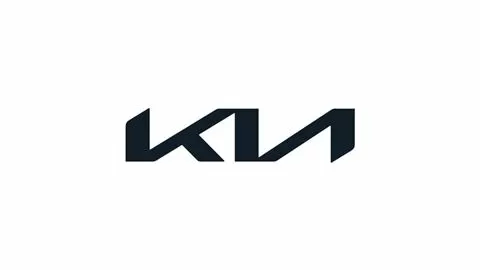Hyundai Motor Group, one of the world’s leading automotive companies, has taken a bold step towards a greener and more sustainable future. The company has initiated a groundbreaking trial to test hydrogen mobility in NEOM, a smart and sustainable region under development in northwest Saudi Arabia.
This move by Hyundai Motor Group is a significant milestone in the development of sustainable transportation. Hydrogen mobility, also known as fuel cell electric vehicles (FCEVs), is a technology that uses hydrogen to power vehicles, emitting only water vapor as a byproduct. This makes it a zero-emission solution, making it a perfect fit for NEOM’s vision of becoming a carbon-neutral city.
NEOM, a $500 billion project, is a futuristic city that aims to be a global hub for innovation, technology, and sustainability. It is being developed by the Saudi Arabian government as part of their Vision 2030 plan to diversify the country’s economy and reduce its dependence on oil. The city will cover an area of 26,500 square kilometers and will be powered entirely by renewable energy sources.
Hyundai Motor Group’s trial in NEOM will involve testing its hydrogen-powered trucks and buses in real-world conditions. The company will also establish a hydrogen refueling station in the city, making it the first of its kind in the Middle East. This will not only showcase the potential of hydrogen mobility but also pave the way for its widespread adoption in the region.
The use of hydrogen as a fuel source has been gaining traction in recent years, with many countries and companies investing in its development. However, the lack of infrastructure and high costs have been major barriers to its widespread use. With NEOM’s focus on sustainability and the support of the Saudi Arabian government, Hyundai Motor Group’s trial could be a game-changer for the future of hydrogen mobility.
The benefits of hydrogen mobility go beyond just zero emissions. FCEVs have a longer driving range and can be refueled in a matter of minutes, making them a more practical option for long-distance travel. They also have a longer lifespan compared to traditional gasoline or diesel vehicles, making them a more cost-effective solution in the long run.
Hyundai Motor Group has been a pioneer in the development of hydrogen-powered vehicles, with its flagship model, the NEXO, receiving widespread acclaim for its performance and eco-friendliness. The company has also been actively working towards building a hydrogen society, with initiatives such as the Hydrogen Energy Fund and the Hydrogen Council.
The trial in NEOM is a testament to Hyundai Motor Group’s commitment to sustainable mobility and its belief in the potential of hydrogen as a fuel source. It also aligns with the company’s vision of becoming a global leader in clean mobility solutions. By partnering with NEOM, Hyundai Motor Group is not only contributing to the development of a sustainable city but also showcasing the capabilities of its hydrogen technology to the world.
The success of this trial could have a ripple effect, inspiring other cities and countries to invest in hydrogen mobility and accelerate the transition towards a greener future. It could also encourage other automotive companies to follow in Hyundai Motor Group’s footsteps and invest in the development of hydrogen-powered vehicles.
In conclusion, Hyundai Motor Group’s trial in NEOM is a significant step towards a more sustainable future. It not only showcases the potential of hydrogen mobility but also highlights the importance of collaboration between governments and companies in achieving our common goal of a greener planet. With initiatives like this, we can look forward to a future where clean and efficient transportation is the norm, and our planet is a healthier place for generations to come.

